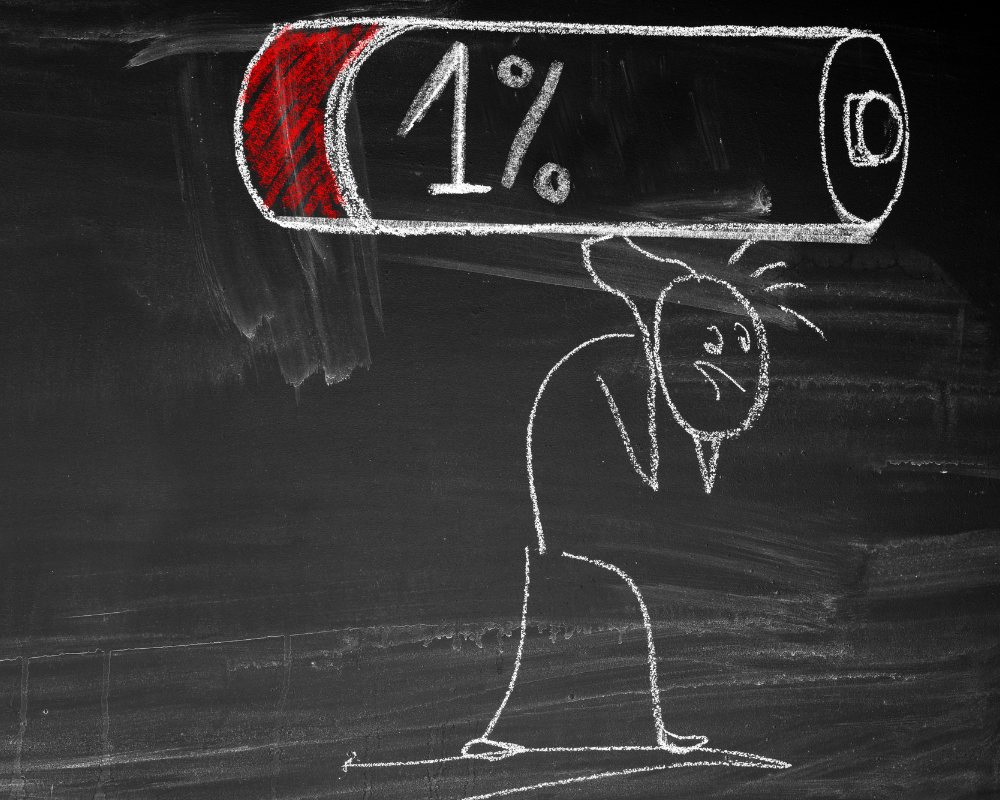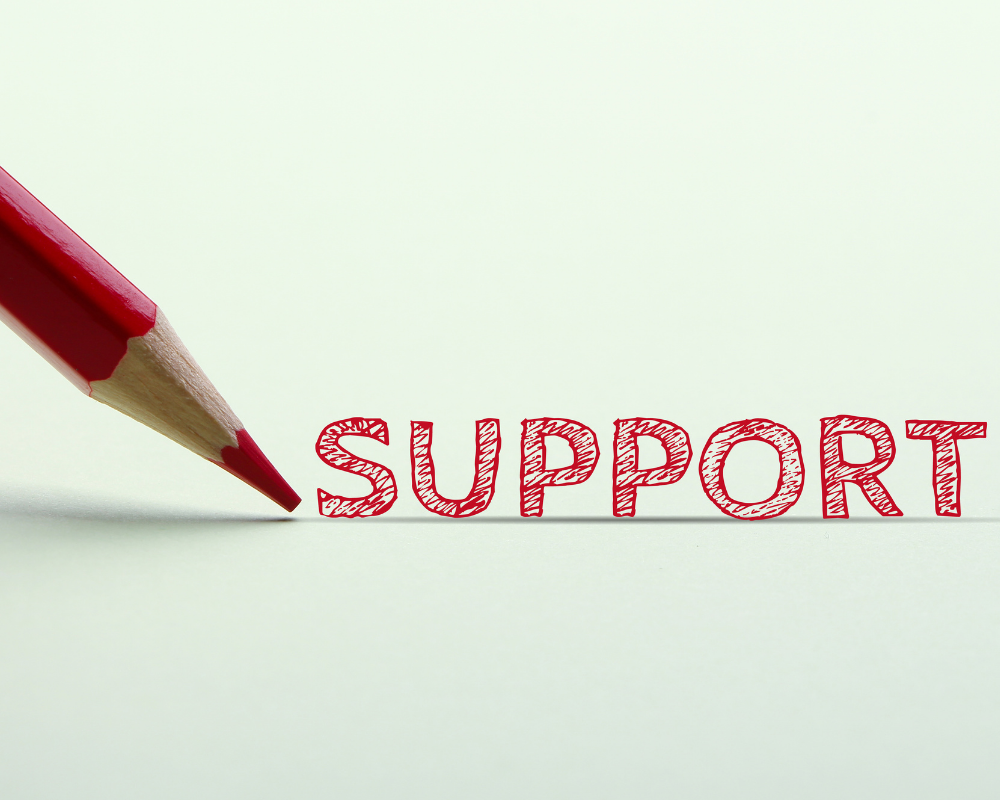What is burnout?
Raise your hands if you have been a little cranky lately? Feeling exhausted, helpless, and demotivated? These are some classic signs of burnout. While it’s normal to feel this way from time to time, burnout takes it to a whole new level. When you’re burnt out, it makes it challenging to cope with daily responsibilities and the stress that can come with them.
Simply put, burnout is a severe stress condition that can leave a person feeling physically, mentally, and emotionally exhausted.

The different stages of burnout
As with a few things in life, burnout doesn’t just come and hit you like a truck. It occurs in stages. But when it happens, it can leave you feeling like a truck has hit you.
According to a study by Winona State University, there are five stages that an individual will go through in the burnout journey. These are as follows.
1. Honeymoon period: When we begin a new project, we often feel a cocktail of emotions. There’s the feeling of excitement, nervousness, creativity, and adrenaline mixed in with stress. With all this buildup of emotion, drive to perform, and with your brain racing at a hundred miles per hour will exhaust your mind and body.
2. The beginning of stress: Have you ever felt the slump after the initial adrenaline rush fades? Often, this is when reality sets in. The realisation of the scope of a project, the responsibilities, and the tasks ahead. You start feeling anxious, have sleepless nights, and begin to forget things. These, amongst many others, are the initial symptoms of stress. Don’t worry, we’ll get to this later in the article.
3. Chronic stress: Feel like sleepless nights, lack of motivation to do anything, and feeling exhausted has become a norm? These, amongst others, are sure signs of chronic stress.
4. Say hello to burnout: When you begin to experience burnout, your stress symptoms take on the form of critical physical, emotional, and mental health issues. If you reach this stage, you need to consider getting some help or stepping back to take time for self-care.
5. Habitual Burnout: By this stage, burnout has become a part of you and your daily life. Feeling depressed and constantly fatigued has become the norm for you.
.png)
Symptoms of burnout
Symptoms of burnout will differ from person to person and stage by stage, depending on your tolerance level.
Whilst we’ve had a glance at some symptoms you may experience, here’s a quick list of what you can expect at each stage.
Honeymoon period:
Drive to prove oneself.
High energy levels.
Creative flow.
High levels of productivity.
Can-do attitude.
Onset of stress:
Anxiety.
Fatigue.
Lack of sleep.
Change in appetite.
Decreased productivity.
Inability to focus.
Decrease in social interactions.
Chronic Stress:
Decreased sexual drive.
Always feeling exhausted.
Irritability.
Physical illness.
Negative attitude.
An increase in social withdrawal.
An increase in alcohol/caffeine/drug consumption.
Burnout:
Chronic pain – stomach/bowel/headaches.
Self-doubt.
Social isolation.
Feeling empty.
Obsessing over issues at work
Habitual burnout:
Depression.
Chronic mental and physical fatigue.

Tips to avoid burnout
On a positive note, while stress may be unavoidable, we can prevent burnout.
Now, more than ever, self-care has become essential, with the effects of COVID-19 and managing working from home whilst trying to find a balance between work life and home life.
Here are a few tips you can implement to avoid burnout, regardless of where you’re working from and what work you do.
1. Regular exercise: Go for a walk, do some yoga, or hit the gym. This will give your happy hormones a boost and refresh your mind.
2. Eat a healthy, balanced diet: Along with healthy fruits and veggies, include foods rich in Omega-3, such as fish.
-.png)
3. Get a good night’s sleep: You may have heard time and time again that sleep is essential to your wellbeing. Try to get at least 8 hours of sleep. Avoid using your phone before bed and no caffeine after 6pm.
4. Leave work at work: With COVID-19 making many work from home, it’s been easy to keep working all hours. Stop right there. Schedule your day and clock off as you would if you were in the office. Close that laptop or study door and forget about it. If working in the office, don’t bring work home and leave any office politics there.
5. Take a holiday: From time to time, allow yourself to take a break from work. Go on holiday for a change of scenery or just some time to be at home and give yourself a mental break.Trust me, it works wonders!
6. Meditate: This doesn’t necessarily mean getting into a yogi position. For some, walking or reading is a form of meditation.
.png)
7. Practice deep breathing: Feeling overwhelmed? Step away from what you’re doing and take a few moments to breathe deeply. This helps calm the mind. You’ll be surprised at how relaxed it leaves you feeling.
8. Pick up a hobby: There’s plenty you can do. If sports aren’t your thing, maybe a book club is or art classes. You may be into hiking and can join a club.
9. Know your limit: Everyone has a limit. Listen carefully to your body and give it what it needs. Feel exhausted? Take a break. Can’t sleep? Practice deep breathing or meditating when you go to bed. Feel a lack of joy? Find something to bring it back.
10. Laugh more: As they say, laughter is the best medicine! Bring back some joy and laughter into your life. This could be as simple as family time.
.png)
To get ahead of stress and burnout, it’s a good idea to implement some of these strategies into your daily life before they get a chance to take over.
Useful resources to help you diffuse burnout
With chronic stress and burnout being highly common in today’s day and age, you’ll find several support services, tools, books, and resources available to help you overcome these monsters.
To get you started, here are a few useful resources:
· 10 TED Talks for when you feel burnt out
.png)
Take the stress out of job searching
Seeking the perfect career opportunity can often bring with it several stresses.
Connect with us at DukeMed and leave all your job-seeking worries to us. Call +61 2 7912 1168or email info@dukemed.com.au.Now you can say goodbye to your job-seeking worries and feel some joy in making your next move.
.png)
